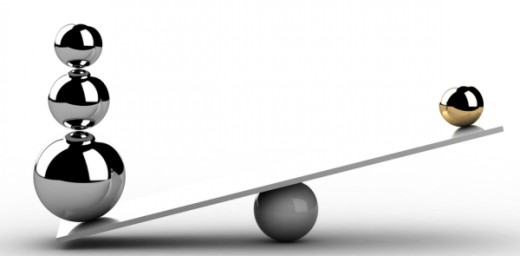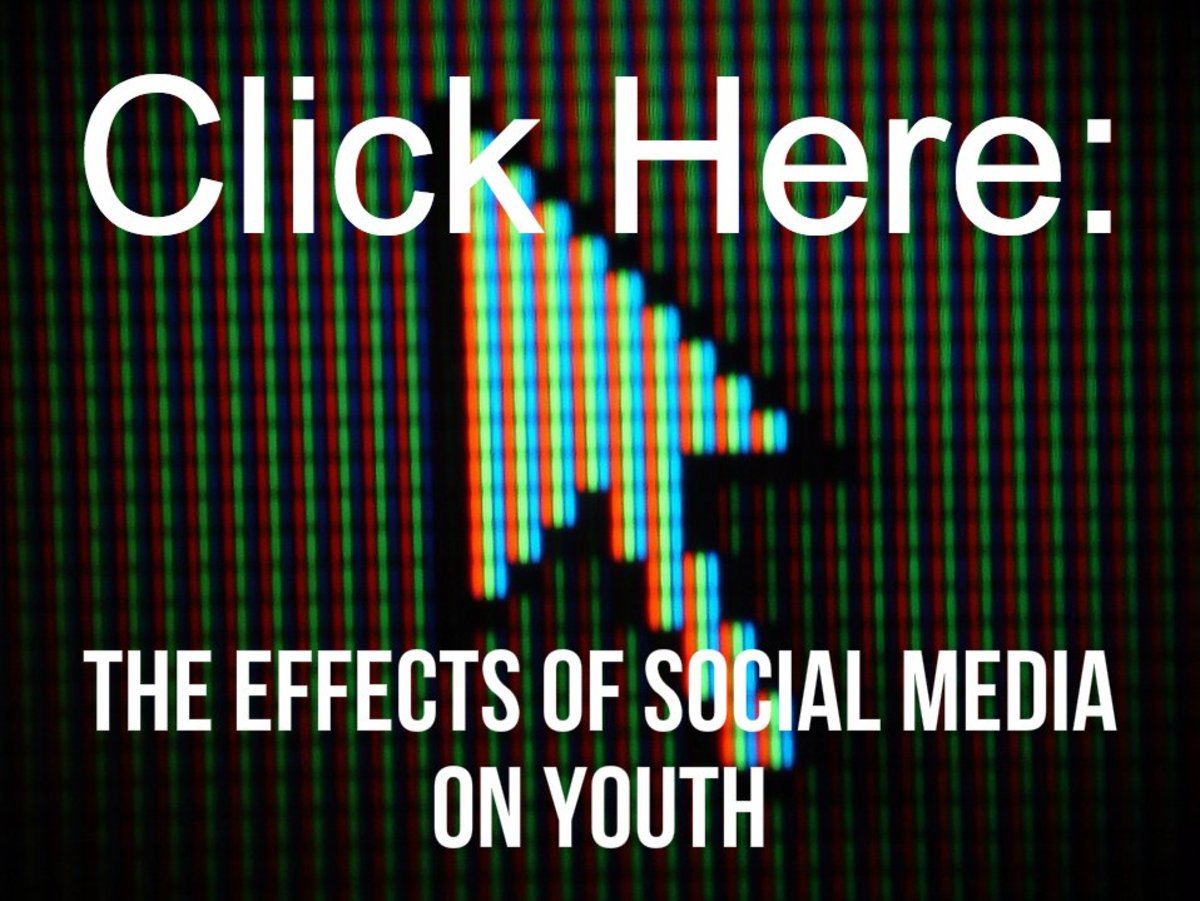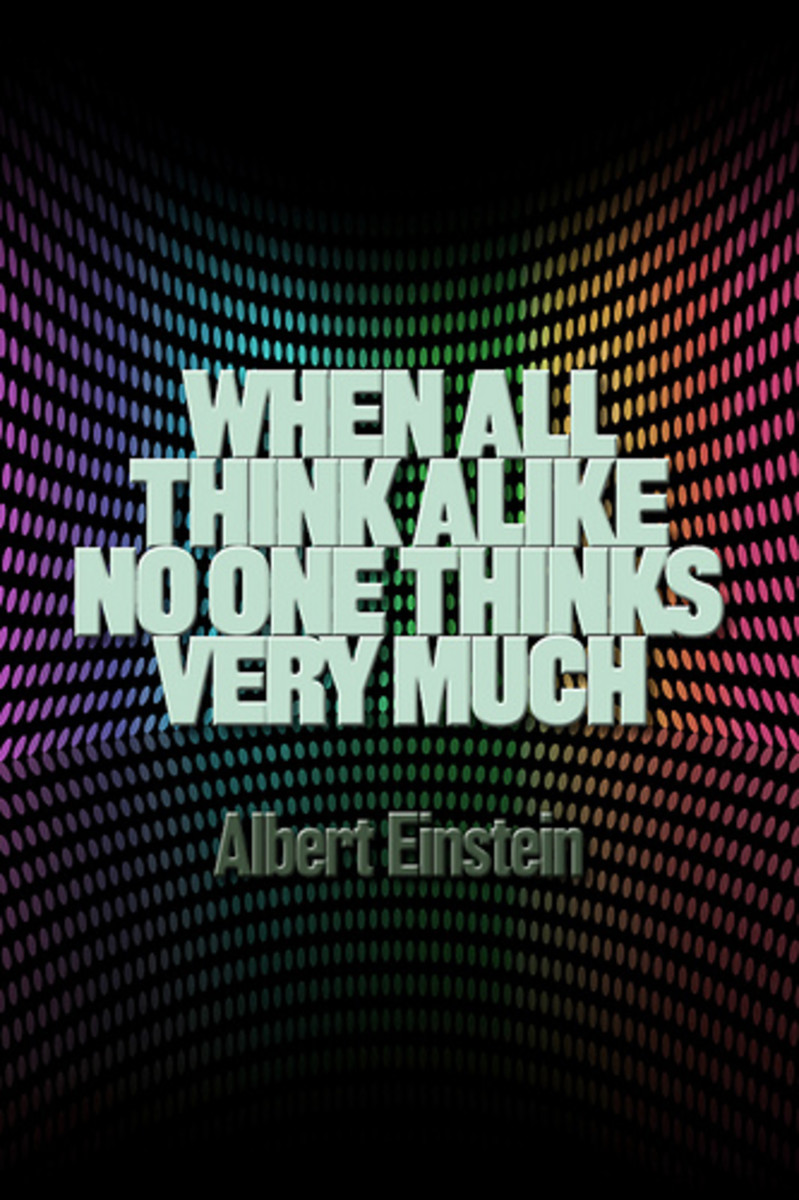Effects of Social Media Comparison on Mental Health: The Role of Social Media
Introduction to Social Comparison
Psychologists have discerned that individuals possess a cognitive inclination to evaluate their own abilities, opinions, successes, and performance by drawing comparisons with those of others. This intrinsic tendency is pervasive among all humans and serves as a driving force for measuring achievements within competitive contexts, striving to attain superior positions. This cognitive capacity, where one assesses and contrasts oneself with others, is encapsulated in the concept of social comparison.
According to Hart Blanton from the University of North Carolina and Diederik Stapel from the University of Groningen, individuals are inclined to engage in social comparison even through subtle, subliminal cues. Blanton remarked, "Previous research tended to focus on social comparison within contexts that were overtly apparent in terms of the dynamics at play."
However, Blanton and Stapel embarked on a novel approach by exploring the automaticity of social comparison, shedding light on its occurrence beyond the realm of conscious awareness. In their experiment, they involved 114 participants who were shown a rapidly flashed video, enabling them to recognize its content. The intriguing outcome revealed that 50% of the participants perceived the image in the video as that of a baby girl, while the remaining 50% interpreted it as that of an elderly woman.
Remarkably, those who interpreted the image as depicting a baby rated themselves as being older on a seven-point scale, while those who perceived it as an elderly woman rated themselves as younger. This finding underscores how subtle cues can significantly impact one's self-perception, illustrating the intricate nature of social comparison.
In another study, detailed in the Journal of Social and Clinical Psychology, researchers revealed that individuals often juxtapose their own lives with the seemingly glamorous and "fabulous" existences portrayed by celebrities frequently showcased in the media. However, this relentless practice leads to what can be termed "social comparison exhaustion," wherein many individuals experience emotional distress due to perpetually measuring themselves against unattainable standards. This phenomenon highlights the psychological toll of incessant social comparison in the age of media saturation.

Development of Social Comparison Theories
The phenomenon of social comparison has a longstanding presence throughout history. Over time, various theories related to comparison have emerged, one of which was proposed by Leon Festinger, a prominent social psychologist, back in 1954.
According to Festinger, "Human beings possess an inherent drive to assess their own opinions and abilities using objective benchmarks, often inclined to juxtapose themselves with individuals within their immediate social circles." This inclination, as Festinger highlighted, tends to diminish as differences in opinions and abilities widen, and as one's social circles expand.
Furthermore, the insights of Thorton and Arrowood shed light on the concept of self-evaluation as a pivotal function of social comparison. As theories of social comparison progressed, they paved the way for the development and application of specific parameters. These parameters, such as self-evaluation motives, self-enhancement, self-verification, and self-improvement, were devised to serve as measurable criteria for conducting comparisons.
When examining the effects of social comparison, one pivotal aspect is the determination of whether the motive behind such comparisons is upward or downward. This motive plays a defining role in distinguishing between negative and positive forms of social comparison. The crux of the matter revolves around the nature of the motive underlying the comparison; whether it is characterized by a negative or positive orientation significantly influences the dynamics and outcomes of the comparison process. This aspect ultimately draws the line between the positive and negative dimensions of social comparison, exemplifying the nuanced interplay between motives and their subsequent impacts.

Factors that lead to Negative Comparison
Social comparison is a multifaceted phenomenon that can yield either positive or negative outcomes, often manifested through the lenses of upward and downward comparisons. However, negative social comparison, often referred to as downward comparison, can prove to be detrimental. There are several key factors contributing to this self-destructive aspect of social comparison, which I will delve into here.
1. **Non-Linear Comparison:**
A prevalent issue arises when individuals engage in non-linear social comparison, turning others into mere mirrors without considering pertinent factors like physical, psychological, or social disparities. This misguided approach leads to comparison exhaustion. Additionally, some individuals struggle to distinguish between opinions and abilities during self-comparison. This can result in comparing oneself lacking certain skills to another endowed with those skills. Such non-linear comparisons can be as incongruous as comparing the reproductive roles of males and females. Such comparisons can ultimately result in frustration and emotional exhaustion, especially when skills or abilities are unrelated.
The impact of social comparison becomes more pronounced when abilities are measured based on educational degrees or academic performance. Proficiency in one area, like memorizing pages of books, does not necessarily translate to skill in interpersonal relationships. Comparing individuals with different strengths can lead to social comparison fatigue due to the disparate nature of their capabilities.
2. **Choices of Lifestyles:**
Comparisons related to lifestyle choices can lead to unfavorable outcomes. Individuals who choose a virtuous path should not compare themselves to those opting for unethical behavior. In a society where moral values sometimes take a backseat, it can seem as if wrongdoers hold an advantage, particularly in public offices. However, comparing one's choice to follow a path of righteousness with someone choosing a different path is unnecessary and counterproductive. This type of comparison can lead to spiritual or emotional exhaustion and undermine personal growth.
Lifestyle choices directly influence an individual's level of success and achievements. Comparing morally conscious individuals to those who lack ethical considerations does not serve any purpose. It's important to recognize that the ability to make virtuous choices is also an ability that reflects a deep respect for oneself and society. Often, people possess the capacity to do things they consciously choose not to, out of consideration for the greater good.
3. **Destiny Effects and Chances:**
An aspect often overlooked in social comparison is the concept of destiny or chance events. Each individual has a unique destiny, influenced by divine and cosmic forces that are not always quantifiable or comparable. Our lives are governed by intricate spiritual undertones that defy simple comparison.
Divine intervention plays a significant role in shaping the outcomes of our lives. Despite living in the same physical environment, the spiritual rules that guide us are distinct and can lead to diverse manifestations. Each person's spiritual uniqueness unfolds at different times, stages, and manners. This is a crucial reality that tends to elude our awareness when we indulge in social comparison.
In conclusion, negative social comparison can have detrimental effects on an individual's well-being, often stemming from non-linear comparisons, misguided lifestyle choices, and the overlooking of divine destinies. Recognizing these factors and refraining from counterproductive comparisons is essential for fostering personal growth, emotional health, and overall contentment.
“Personality begins where comparison leaves off. Be unique. Be memorable. Be confident. Be proud.”
— ― Shannon L. AlderNegative Effects of Social Comparison
Below are some of the symptoms reported as symptoms of social comparison exhaustion:
• Low self-esteem
• Self-condemnation
• Contagious strive
• Broken or dis-spirited individual
• Jealousy, envy, and hate
• Self-guilt
• Depression among others
As Teddy Roosevelt astutely phrased it, "Comparison is the thief of joy." This statement profoundly resonates, given the substantial negative impact that comparison has on individuals within contemporary society.
A researcher delved into the intricacies of achieving happiness and established a pivotal tenet: 'self-acceptance is a foundational key to cultivating a life characterized by health and happiness.' Paradoxically, this is precisely what individuals forfeit when they succumb to the allure of negative social comparison.
I recently encountered a woman who recounted her post-graduation journey spanning five years without securing a job. In her poignant narrative, she expressed, "Five years ago, I graduated with honors, outshining most of my peers. I dedicated myself to serving my faith. Yet, my classmates have achieved remarkable success. Vicky, for instance, holds a position at the Rivers State Government House, working directly in the office of the governor. She's also found marital bliss. Despite graduating with a lower academic standing, she thrives. Then there's John, a branch manager at a prominent bank. He graduated with a third-class degree, yet he's excelling. Meanwhile, here I am, jobless, and devoid of romantic prospects. Am I somehow inadequate? What is wrong with me? Why is the professional realm eluding me?" Her emotions were palpable, nearly pushing her to the brink of tears.
Her heartfelt lamentations and probing questions spurred an inquiry into the intricate dimensions of how individuals gauge their accomplishments and navigate the trajectory of their lives.
This prompts us to consider how we evaluate our own achievements. Do we utilize a yardstick rooted in comparing ourselves with others? And if indeed we do, how does this mode of comparison reverberate through our lives, influencing our sense of self-worth and contentment?
The effects of social comparison extend far beyond individual experiences; they reverberate worldwide. The consequences are manifold, permeating various aspects of people's lives. From psychological distress and diminishing self-esteem to fostering feelings of inadequacy and despondency, the impact is profound. The relentless pursuit of unrealistic standards cultivated through comparison often leads to emotional fatigue, a growing sense of unfulfillment, and even mental health struggles.
It's evident that the scourge of negative social comparison exacts a heavy toll. It clouds our perception of personal achievements, impairs our capacity for self-acceptance, and ultimately robs us of genuine happiness. Recognizing the perils of this phenomenon is the first step toward fostering a society where individuals can thrive based on their unique journeys and accomplishments, rather than through the prism of comparison.
“Don't always be appraising yourself, wondering if you are better or worse than other writers. "I will not Reason and Compare," said Blake; "my business is to Create." Besides, since you are like no other being ever created since the beginning of Time, you are incomparable. ”
— ― Brenda UelandDo you engage in social comparison? If yes, how is it impacting on your life?
© 2017 Ajodo Endurance Uneojo








